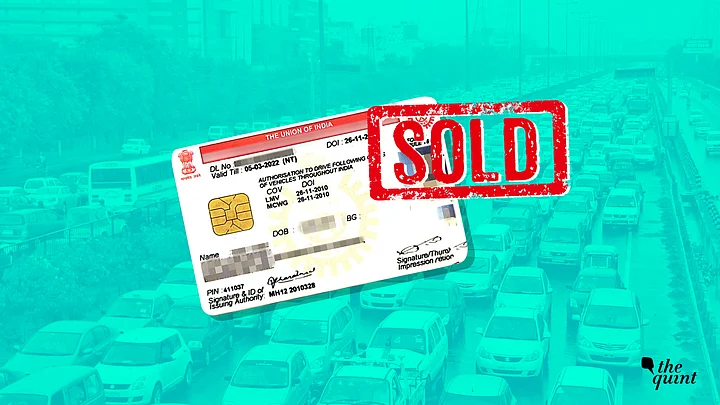A total of 142 companies including ride-sharing app services, paid a total of Rs 68 crore to purchase the detailed data of 25 crore vehicles and driving licences between 2014 and 2019.
The buyers also include some of the biggest public and private sector banks and insurance companies, automobile manufacturers, financial service providers. Companies like Ola Cabs, State Bank of India (SBI), HDFC Bank, ICICI Bank, United India Insurance, Reliance General Insurance, Bajaj Finance bought the data from The Ministry of Road Transport & Highways’ VAHAN database, an RTI has revealed.
According to a Medianama report, the ministry has been selling vehicle related data since at least 2014. While it earned Rs 25.96 crore in 2018, it has made Rs 21 crore so far in 2019.
In line with its greater plan of using “data as public good”, the government has been selling, in bulk, the data of crores of vehicle-owners and driving licence-holders, including the data of insurance and tax paid so as to “benefit the country’s economy”.
Bulk Data Sharing Policy
The Ministry had come up with a Bulk Data Sharing Policy to sell 28 different kinds of data related to Vehicle Registration Certificate as well as Driving Licences. While the government came up with a formal policy to generate revenue by the sale of bulk data only in March 2019, it has been sharing vehicle data since at least 2014.
The data shared includes :
- registration number
- engine number
- model’s name
- dealer’s name
- financer’s name
- insurance company’s name
- insurance validity
- tax paid validity
A company that is at least 50 percent owned by an Indian can pay Rs 3 crore to get bulk data related to vehicle registration and driving licences for the financial year 2019-20.
Citizen Data as ‘Public Good’
On 4 July, the Economic Survey of India had made a spirited case for why Indian citizens’ data must be treated as a public good as opposed to a private good.
Just a few days later, on 8 July, Road Transport Minister Nitin Gadkari informed the Rajya Sabha that the data of 25 crore vehicle registration records and 15 crore driving licence records was sold to a total of 119 organisations – 32 government, and 87 private entities.
The RTI, however, reveals that the number of companies that purchased VAHAN data stands at 142.
Both the economic survey and the database sale by the government appears to have sparked serious privacy concerns from merging multiples databases.
“Public good conception of personal data is fundamentally at variance with the conception of privacy as a fundamental right,” said Prasanna S, a lawyer who assisted the petitioners in the right to privacy/Aadhaar cases in the Supreme Court .
What About Privacy?
How exactly can people’s privacy be affected?
Once the identity of the vehicle owner is established, this dataset can be merged with other datasets to reveal a lot of personal information, thereby compromising the vehicle owner’s privacy.
Even though the 28 data points do not include names, there’s a loophole: the ministry itself allows for owners’ names to be searched with the licence or the registration number.
The ministry’s own circular admits that this is possible, as does the Economic Survey.
Highlighted below is what the Transport Ministry’s policy says about the merging of different datasets:
Below is the full list of entities that purchased bulk vehicle registration data:
(At The Quint, we question everything. Play an active role in shaping our journalism by becoming a member today.)
